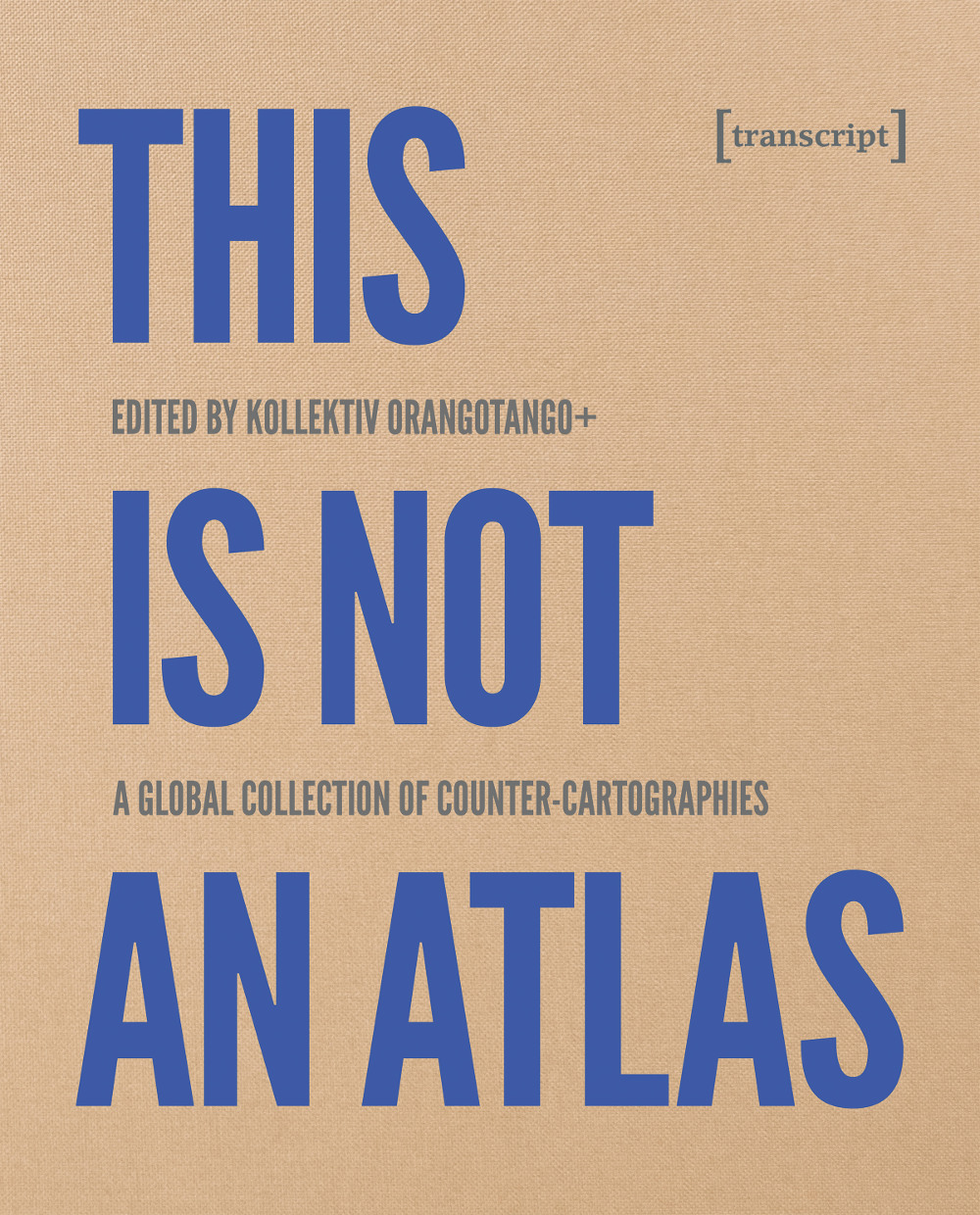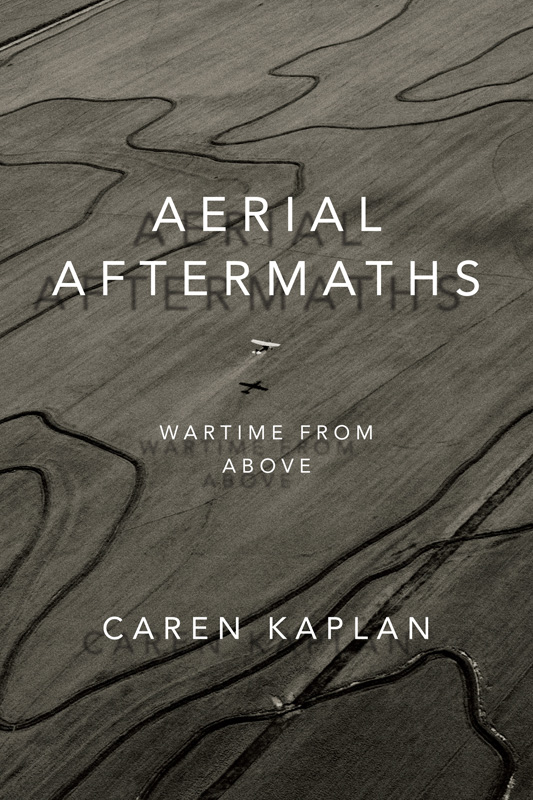kollektiv orangotango+ (ed.): This Is Not an Atlas: A Global Collection of Counter-Cartographies (2018)
Filed under book | Tags: · activism, cartography, geography, indigenous peoples, mapping, participation, politics, social cartography

“This Is Not an Atlas gathers more than 40 counter-cartographies from all over the world. This collection shows how maps are created and transformed as a part of political struggle, for critical research or in art and education: from indigenous territories in the Amazon to the anti-eviction movement in San Francisco; from defending commons in Mexico to mapping refugee camps with balloons in Lebanon; from slums in Nairobi to squats in Berlin; from supporting communities in the Philippines to reporting sexual harassment in Cairo. This Is Not an Atlas seeks to inspire, to document the underrepresented, and to be a useful companion when becoming a counter-cartographer yourself.”
Publisher transcript, Bielefeld, Sep 2018
Social and Cultural Geography series, 26
Creative Commons BY License
ISBN 9783837645194, 3837645193
346 pages
Review: Alison D. Ollivierre (Cartographic Perspectives, 2020).
Project website
Publisher
OAPEN
WorldCat
PDF, PDF (92 MB, updated on 2023-7-31)
Comment (0)Computational Culture, 6: Computing the Corporeal / Geographies of Software (2017)
Filed under journal | Tags: · body, computation, computing, dance, geography, movement, movement computing, software, software studies
This issue of Computational Culture consists of two thematic sections. The section “Computing the Corporeal” is concerned with the critique of “the way in which machine computers affect movement-based creativity, and movement-based thinking.” The section “Geographies of Software” presents “geographical approaches to software studies.”
With thematic texts by John Stell, Stamatia Portanova, Scott delaHunta, Anton Koch (section 1), Will Payne, Warren Sack, and Pip Thornton (section 2), editorial introductions, and review section.
Section “Computing the Corporeal” edited by Nicolas Salazar Sutil and Scott delaHunta
Section “Geographies of Software” edited by Nick Lally and Ryan Burns
Published in November 2017
Open Access
ISSN 2047-2390
Caren Kaplan: Aerial Aftermaths: Wartime from Above (2018)
Filed under book | Tags: · aesthetics, air, cartography, colonialism, geography, history of photography, infrastructure, knowledge, landscape, mapping, military, nature, panorama, photography, power, space, technology, war

“From the first vistas provided by flight in balloons in the eighteenth century to the most recent sensing operations performed by military drones, the history of aerial imagery has marked the transformation of how people perceived their world, better understood their past, and imagined their future. In Aerial Aftermaths Caren Kaplan traces this cultural history, showing how aerial views operate as a form of world-making tied to the times and places of war. Kaplan’s investigation of the aerial arts of war—painting, photography, and digital imaging—range from England’s surveys of Scotland following the defeat of the 1746 Jacobite rebellion and early twentieth-century photographic mapping of Iraq to images taken in the immediate aftermath of 9/11. Throughout, Kaplan foregrounds aerial imagery’s importance to modern visual culture and its ability to enforce colonial power, demonstrating both the destructive force and the potential for political connection that come with viewing from above.”
Publisher Duke University Press, Durham, 2018
Next Wave: New Directions in Women’s Studies series
ISBN 9780822370086, 0822370085
xiv+298 pages
via André

